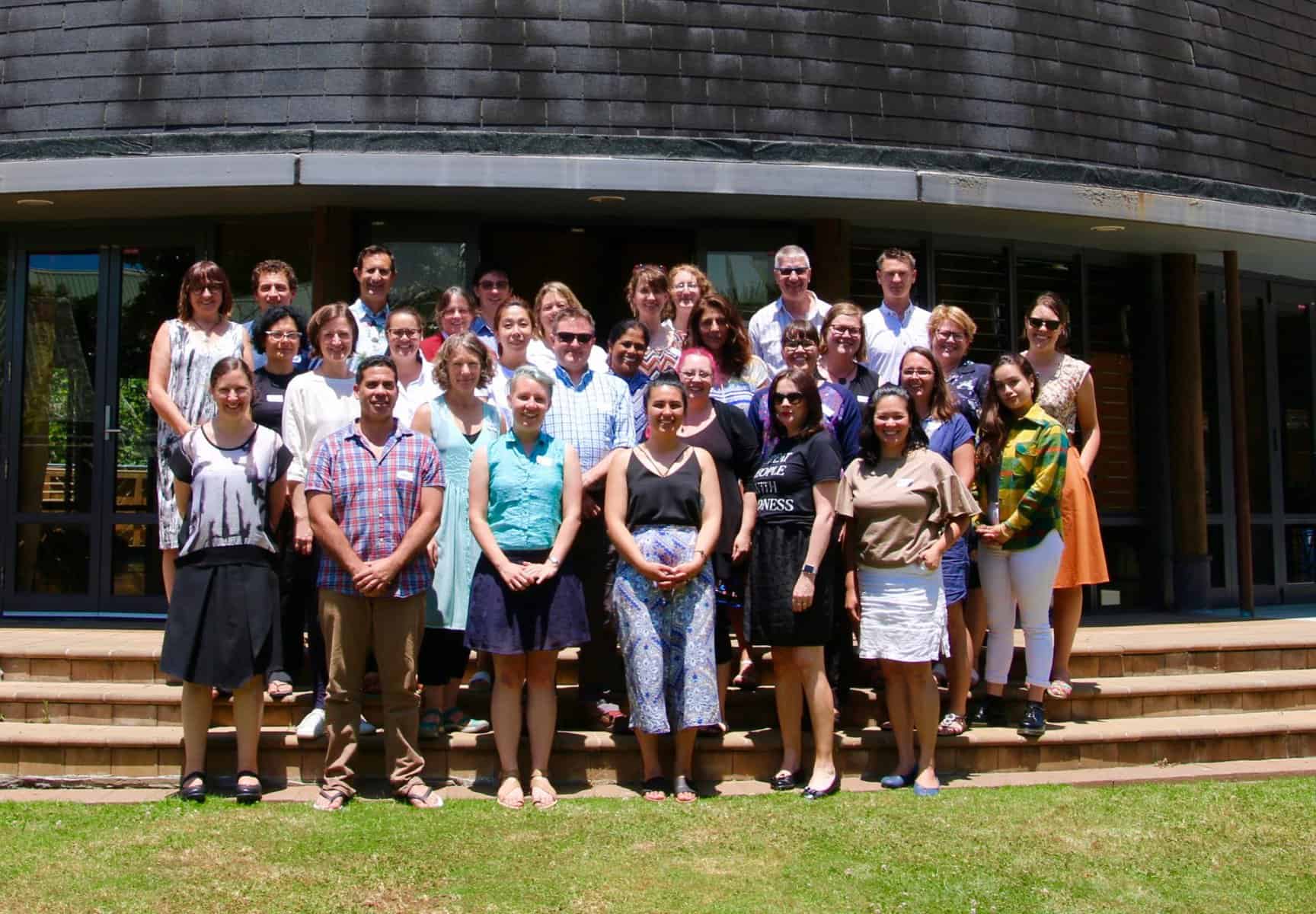For as long as anyone can remember Western science has been punctuated with horror stories of cut-throat competition and heavy-handed criticism.
Frustrated with this ‘winner takes all’ approach, in 2016 a group of New Zealand scientists asked if kindness could lead to better scientists and better science. This Kindness in Science (KiS) movement has since gained momentum throughout the country and has garnered international interest.
The inclusive approach shuns the usual reliance on individual metrics like the h-index and embraces diversity, respect, wellbeing and openness to spark positive change in the science community.
The KiS group is also committed to Te Tiriti o Waitangi and the principles of partnership, participation, protection and equity.
Aotearoa New Zealand KiS co-founder and Challenge Project leader from the University of Canterbury, Associate Professor Tammy Steeves says many members of the science community in New Zealand didn’t need much convincing on the whakaaro (idea).
“I think what we’ve been experiencing is a perfect storm of people who have always seen the value of embedding kindness in science but thought they were alone in their thinking – and we’ve shown them they are not alone.” she says.
Upon pitching the idea at the inaugural Great Southern Unconference, Tammy, Assistant Professor Catherine Febria (Healthy Headwaters Lab) and Stephanie Galla (University of Canterbury) were joined by five more kindness enthusiasts: Professor Shaun Hendy, Kate Hannah, and Dr Dan Hikuroa (all University of Auckland and Te Pūnaha Matatini), Dr Cilla Wehi (Manaaki Whenua – Landcare Research) and Dr Aleksandra Pawlik (Stencila).
Together they became the KiS organising committee and put together the first workshop in Auckland in 2017, hosted by Te Pūnaha Matatini.

BioHeritage researcher Dr James Ataria was excited to take part in the inaugural hui.
“The term ‘kindness in science’ should not be perceived as a threat to the robustness of the scientific method but rather a commitment to improving pathways to, careers within and improved outcomes of science to society as a whole” James says.
The BioHeritage Challenge fully supports the KiS movement and, with co-founders Tammy and Catherine both being directly involved with the Challenge, it’s not hard to find its influence throughout our projects.
By embedding KiS, we can ensure a variety of world views and experiences are woven into each project. This increases the impact our science has on the community and encourages the open exchange of ideas – driving projects both forward to completion and sideways into aligned research.
BioHeritage Early Career Researcher (ECR) Jennifer Pannell says working as part of a BioHeritage team has been a refreshing experience.
“The workshops I’ve been to have been very positive and welcoming, especially to ECRs. Having the knowledge brokers work closely with us has really helped us develop productive and friendly working relationships with the Challenge leaders and other teams.”
If you would like to get involved with the Kindness in Science movement, you can watch Challenge Director Andrea Byrom’s recent seminar here, or visit the KiS website and read the new KiS Sciblogs series. You can also search #KindnessInScience on social media and see how others in the science community are implementing kindness in their workplaces.
